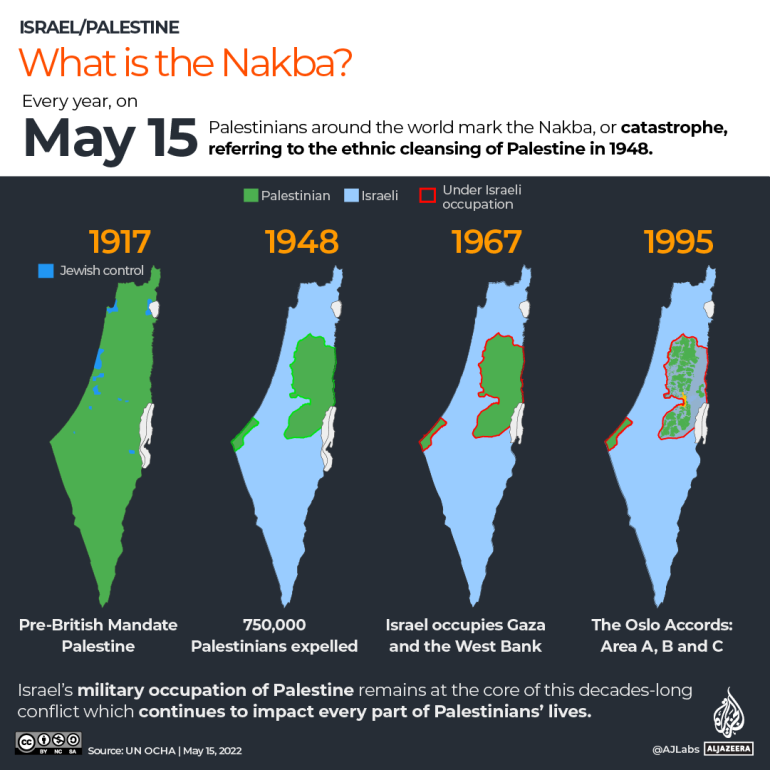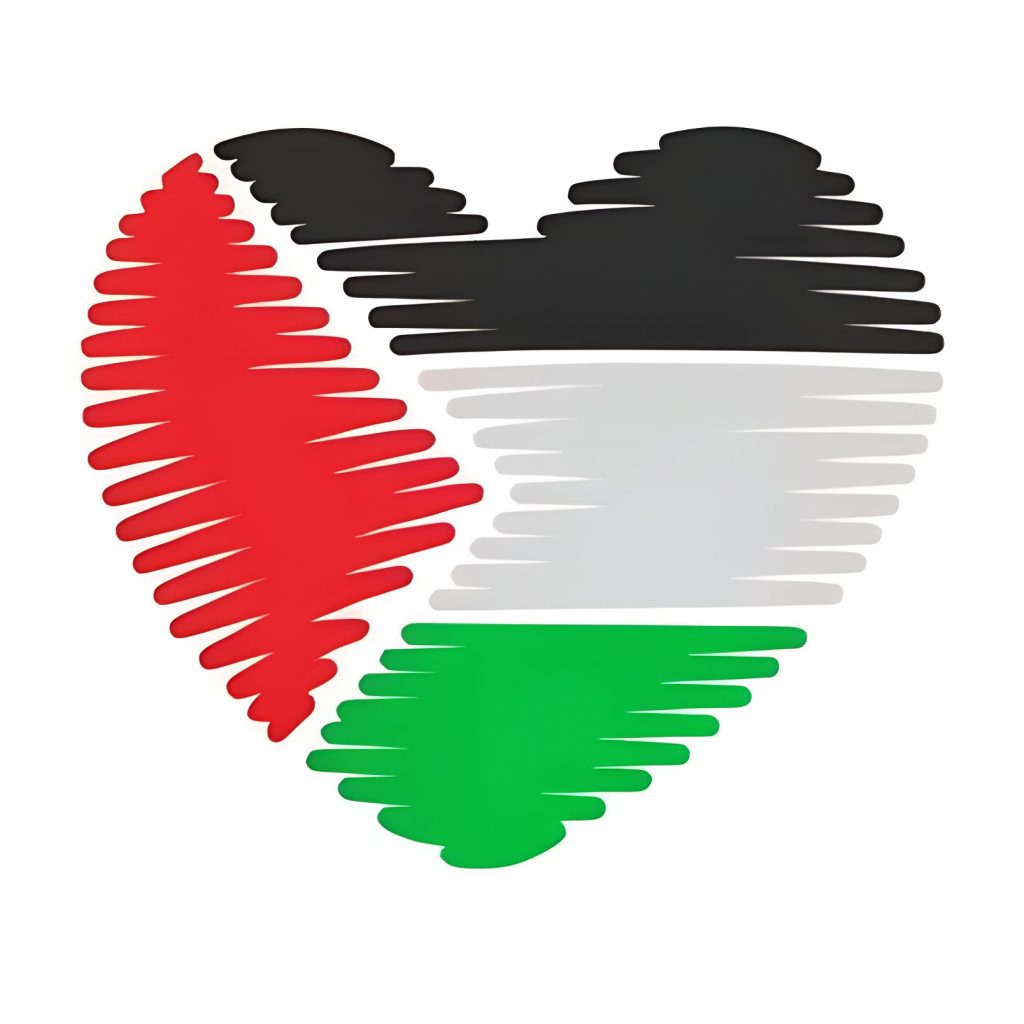The history of Palestine is a complex and deeply contested narrative, marked by centuries of diverse cultural and religious presence and punctuated by periods of conflict and displacement. The region has been inhabited by various groups for millennia, with significant periods of Jewish, Christian, and Islamic rule. However, the modern conflict’s roots lie in the late 19th and early 20th centuries, with the rise of Zionism, a Jewish nationalist movement seeking a homeland in Palestine.

The Balfour Declaration of 1917, a British statement supporting a Jewish homeland in Palestine, further fueled tensions between the growing Jewish community and the region’s Arab majority. Following World War II and the Holocaust, Zionist pressure intensified, leading to the 1947 UN Partition Plan proposing an Arab state and a Jewish state in Palestine.
The 1948 Arab-Israeli War erupted after the establishment of the State of Israel, leading to the Nakba, or „catastrophe,“ a term to describe the mass displacement and dispossession of hundreds of thousands of Palestinians. The conflict resulted in the destruction of over 500 Palestinian villages, with refugees fleeing to neighboring countries or residing in refugee camps within Israel’s newly established borders.
The Nakba’s consequences have been devastating and long-lasting. Palestinians lost their homes, land, and livelihoods, with its effects reverberating through generations. The refugee crisis remains unresolved, with millions denied the right of return to their ancestral homes. The ongoing Israeli occupation of the West Bank and Gaza Strip, initiated during the 1967 Six-Day War, further exacerbates the situation, leading to continued displacement, settlement expansion, and limited self-determination for Palestinians.
The Nakba represents a continuous catastrophe for Palestinians, who have endured decades of displacement, occupation, and restricted rights. 1 The conflict’s complexities and the lack of a lasting peace solution perpetuate a cycle of violence and suffering, hindering the possibility of a just resolution and a future where Palestinians can exercise their fundamental rights to self-determination and return.

